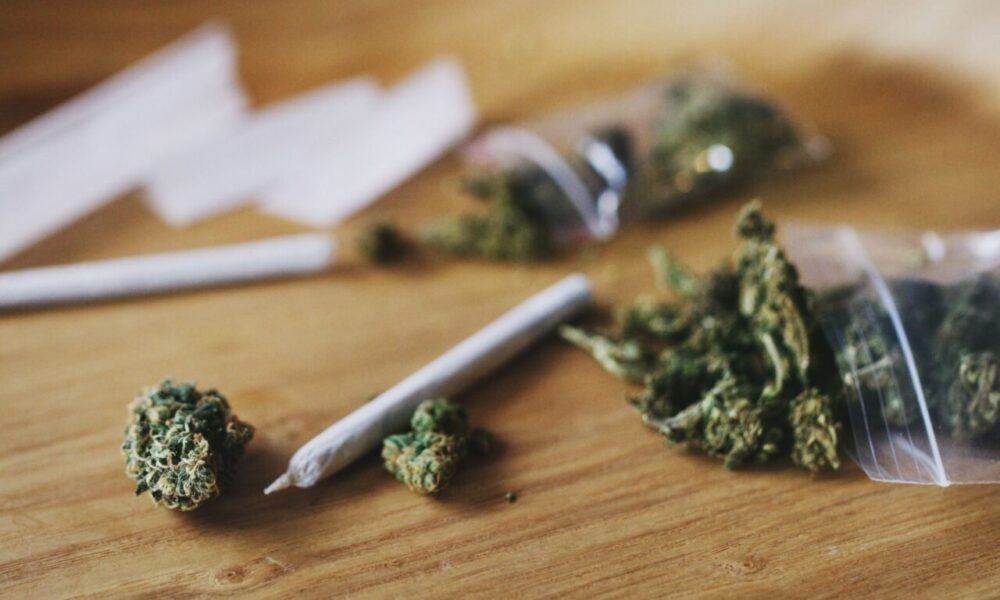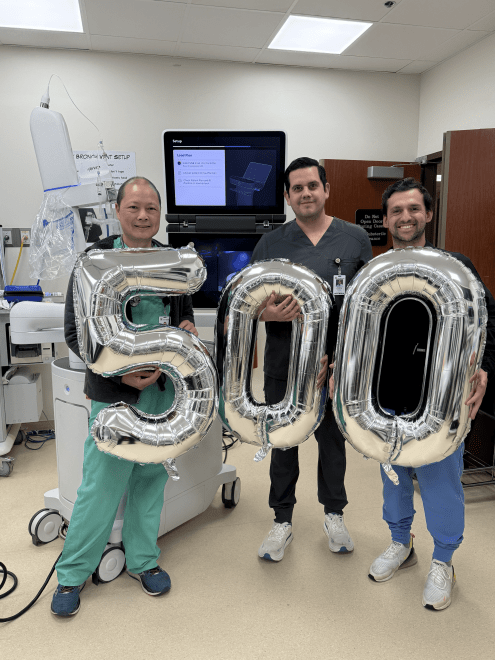A significant number of young adults in the United States are using cannabis and alcohol to assist with sleep, according to new research from the University of Michigan. The study highlights that approximately one in five individuals aged 19 to 30 have relied on these substances as sleep aids, with cannabis being the preferred choice.
The research, published in JAMA Pediatrics, analyzed data from the Monitoring the Future (MTF) Panel Study. This ongoing project tracks drug use among teens and young adults, surveying high school students about their drug consumption and overall health, and following a subset into adulthood. The latest findings involved nearly 1,500 participants, revealing that around 22% reported using cannabis and/or alcohol in the past year to facilitate sleep. Specifically, 18% used cannabis, while about 7% turned to alcohol.
Patterns of Use and Concerns
Among those who utilized cannabis, nearly 41% reported using it for sleep, contrasted with 9% of regular alcohol users. The research also indicated that individuals who consumed these substances on a daily basis were more likely to use them as sleep aids.
Struggles with sleep are not uncommon. A 2022 study estimated that 30% of adults in the U.S. experience sleep difficulties, with 23% of adults aged 20 to 39 reporting similar issues. This context helps explain the appeal of cannabis and alcohol as solutions for sleep challenges.
Nevertheless, the researchers caution against the potential risks associated with habitual use of these substances. Regular consumption can lead to physiological habituation, necessitating larger doses over time to achieve the same sleep-inducing effects. This escalation in usage raises the risk of developing a substance use disorder, which can complicate efforts to stop using these aids. Withdrawal from cannabis and alcohol can also provoke insomnia, making it difficult for individuals to discontinue use.
Clinical Implications
The findings underscore the need for increased awareness among healthcare professionals regarding the intersection of substance use and sleep issues in young adults. The researchers emphasized the importance of addressing these health behaviors before they escalate into more significant problems.
“Raising clinicians’ awareness about the common intersection of substance use and sleep problems among young adults is important for screening and developing and offering clinical interventions for these critical health risk behaviors,” the researchers stated.
As the reliance on cannabis and alcohol for sleep continues, understanding the implications of this trend becomes increasingly vital for public health initiatives.







